Can emerging membrane-based desalination technologies replace reverse osmosis?
Can-emerging-membrane-based-desalination-technologies-replace-reverse-osmosis-2-39
Credit to: https://www.sciencedirect.com/
Abstract:
Growing uncertainty in the future availability of freshwater sources has led to an increase in installations for desalination of seawater. Reverse osmosis (RO), currently the most widely adopted desalination technique, has caused environmental concerns over the high associated greenhouse gas emissions and
generation of large amounts of chemicals-containing brine. Significant consumption of electricity for RO desalination is an additional challenge, particularly in remote locations. In this review, forward osmosis (FO), membrane distillation (MD) and capacitive deionization (CDI) are assessed as potential
substitute technologies and the major recent advancements in each field are discussed. These emerging technologies offer significant advantages over RO, such as higher salt rejection (CDI, MD), higher recovery of water (MD), fewer pre-treatment stages (MD, FO) and the ability to use low-grade energy
(MD, FO). In their current state, stand-alone technologies cannot compete with RO until certain challenges are addressed, including pore-wetting (MD) and high energy consumption (MD, CDI, FO). Hybrid systems that combine RO and emerging technologies may be useful for feed waters that cannot
be treated by RO alone and their benefits may be able to offset the increase in capital costs. These and other aspects, such as operational stability of hybrid systems, should be considered further in large-scale, long-term studies
Only logged in customers who have purchased this product may leave a review.


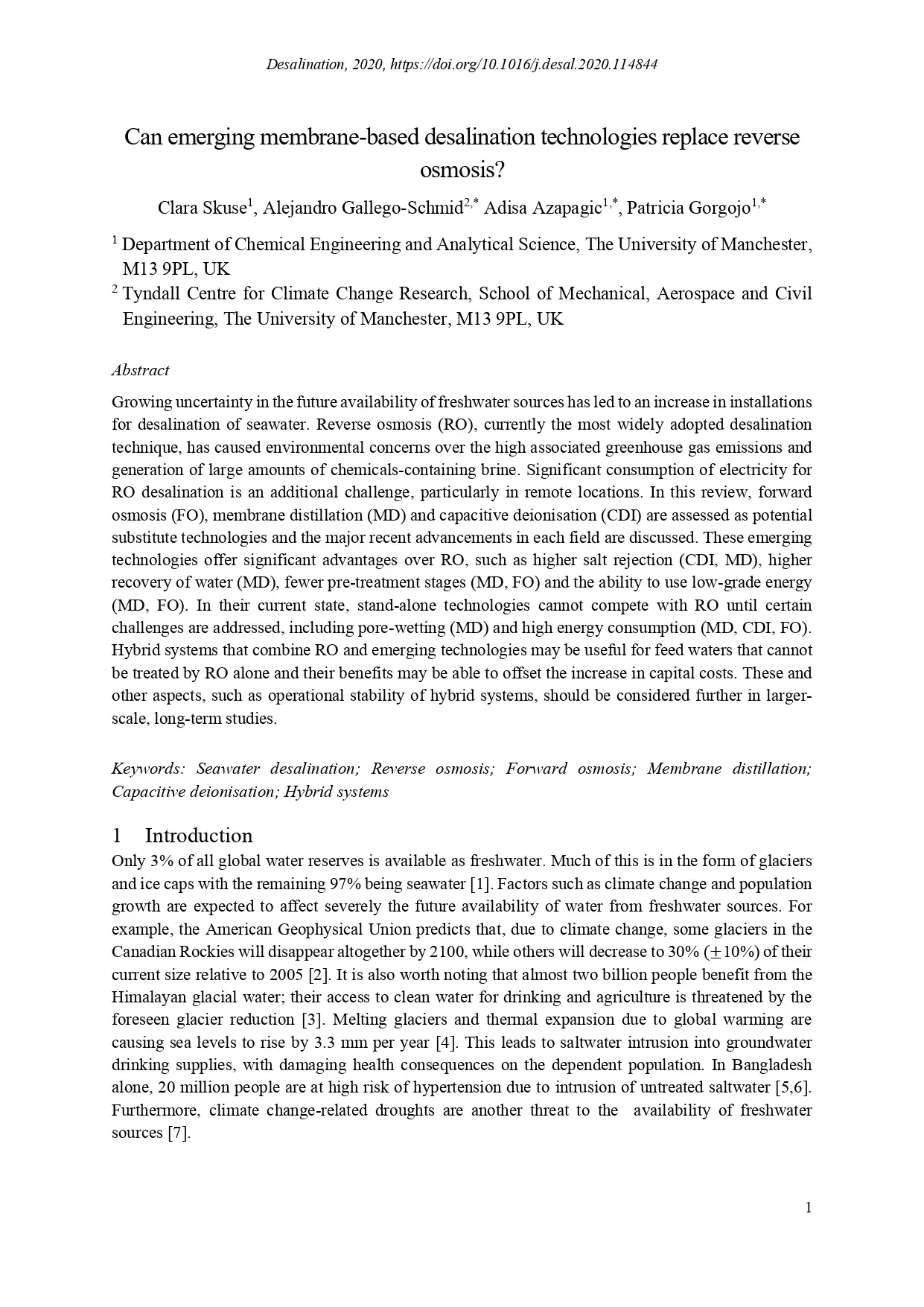
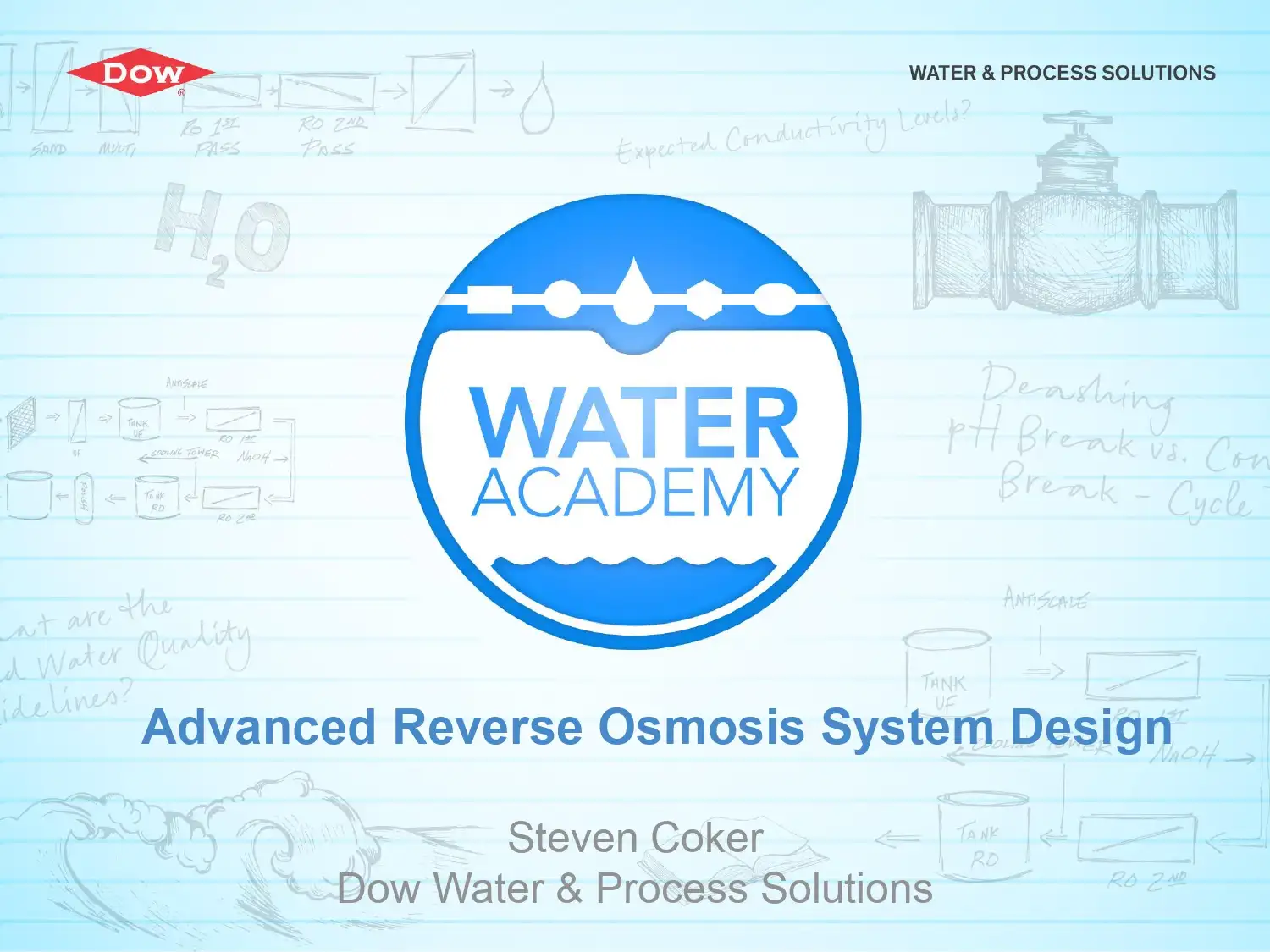

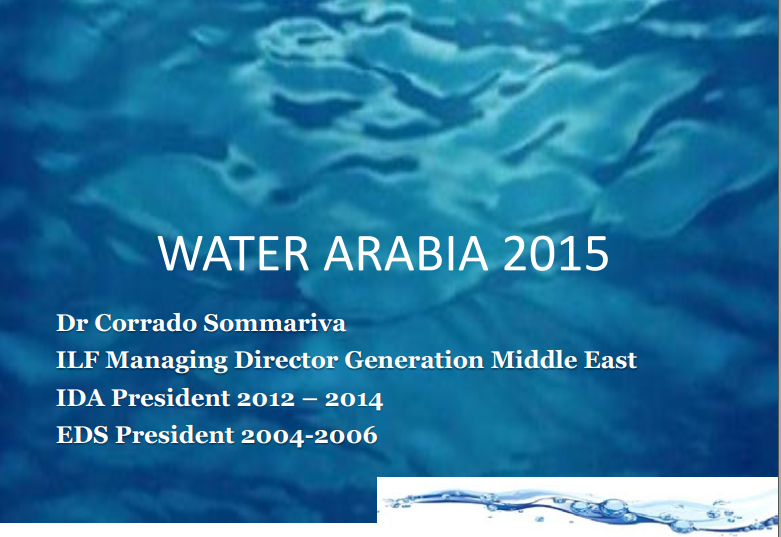
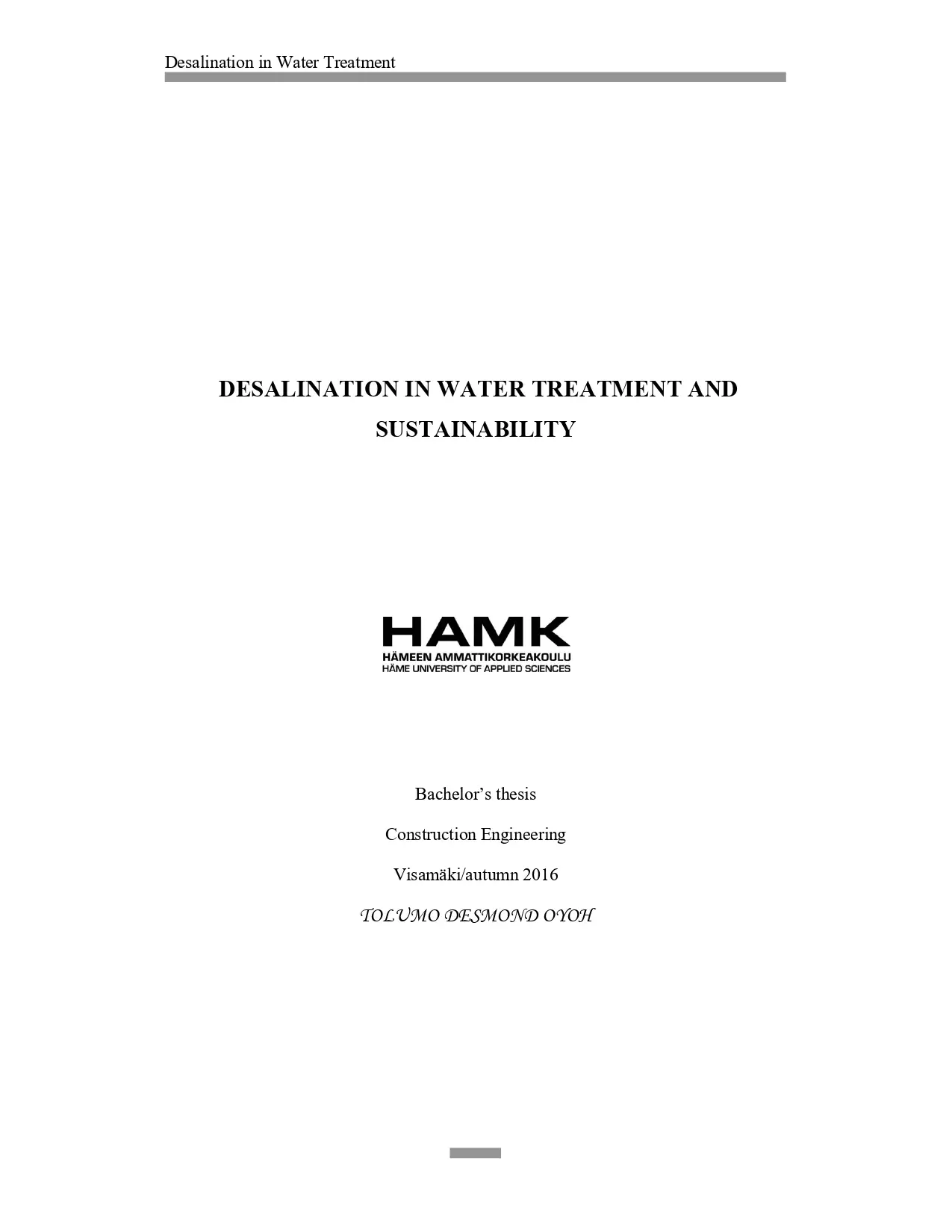


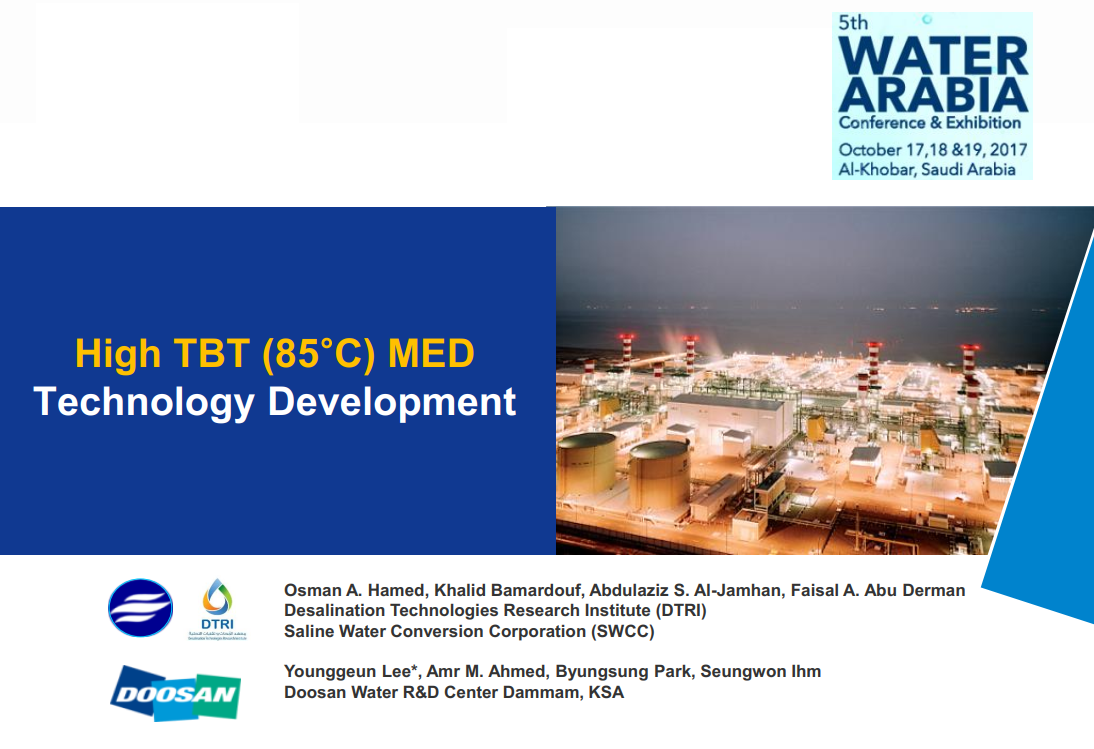
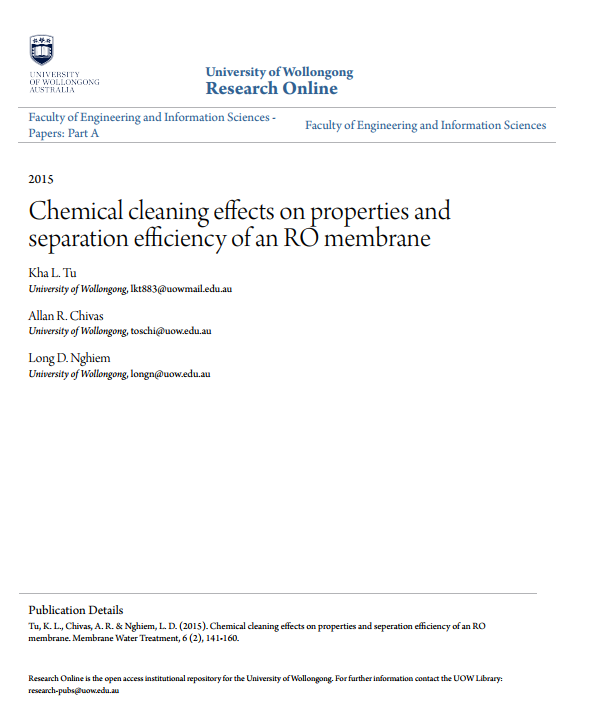
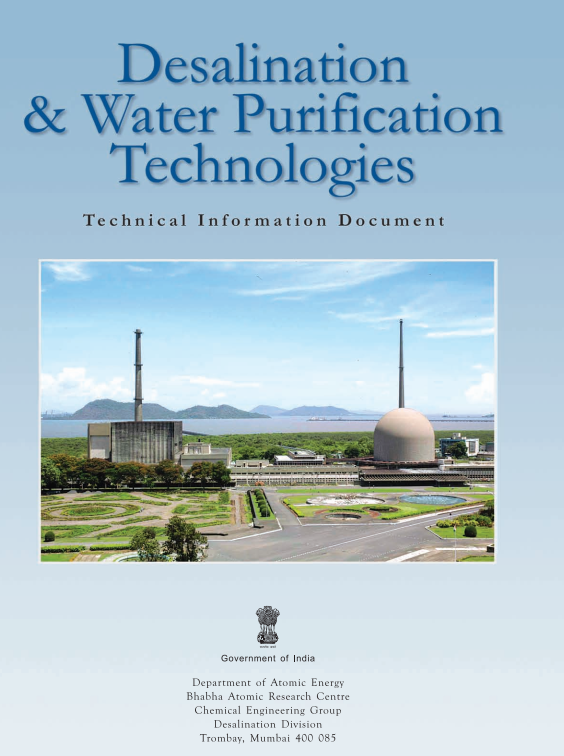
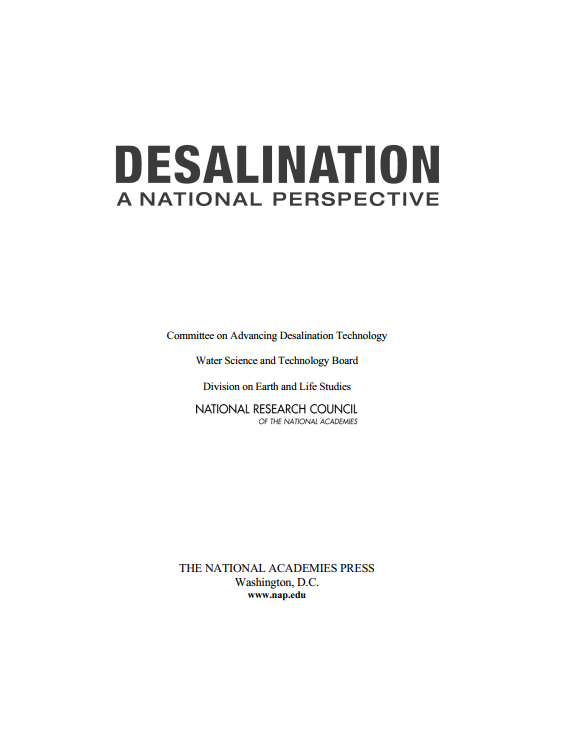


Reviews
There are no reviews yet.